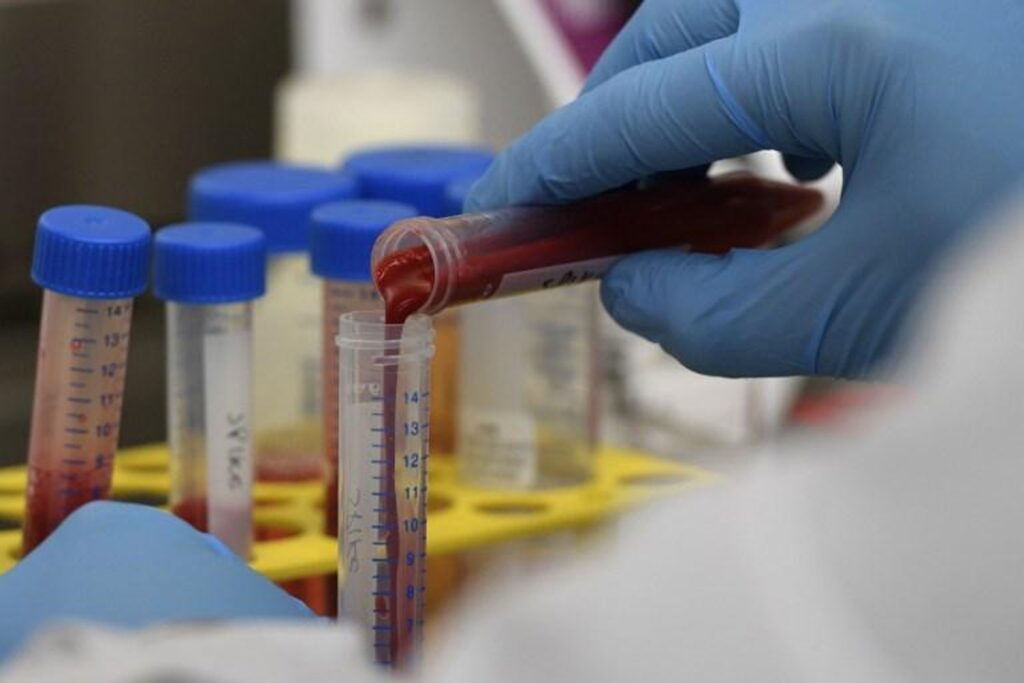Scientists at the Catholic University of Leuven and Newcastle University have developed a new blood test that can detect cirrhosis or inflammation of the liver more quickly in obese patients.
This was announced on Wednesday by KU Leuven.
Nearly 60% of Europe’s adult population and nearly one in three children are overweight, according to figures unveiled by the World Health Organisation (WHO) last year. Obesity goes hand in hand with non-alcoholic fatty liver disease, a chronic condition that can lead to liver inflammation, and even cirrhosis requiring a transplant. Currently, about 25-30% of the world’s population suffers from it.
Inflammation of the liver often goes undetected for a long time because a correct diagnosis can only be made by means of a biopsy, which is an invasive, expensive examination. Often, by the time of the examination, the disease has already committed irreversible damage.
The research team has laid the foundation for a new method with which the condition can be detected in time and monitored via blood tests.
They discovered specific proteins that signal inflammation, and were thus able to draw up a detailed picture of the course of the disease. This led to a completely new diagnostic model, capable of predicting liver damage and the degree of inflammation.
“We now know which protein we need to monitor in the blood to get an idea of the stage the disease is at,” researcher Olivier Govaere said. “This makes diagnosis less expensive and therefore more accessible.
“The sooner patients can be correctly diagnosed, the sooner they can start an appropriate treatment and prevent irreversible damage.”
The results of the research have been published in the scientific journal ‘Nature Metabolism.’

